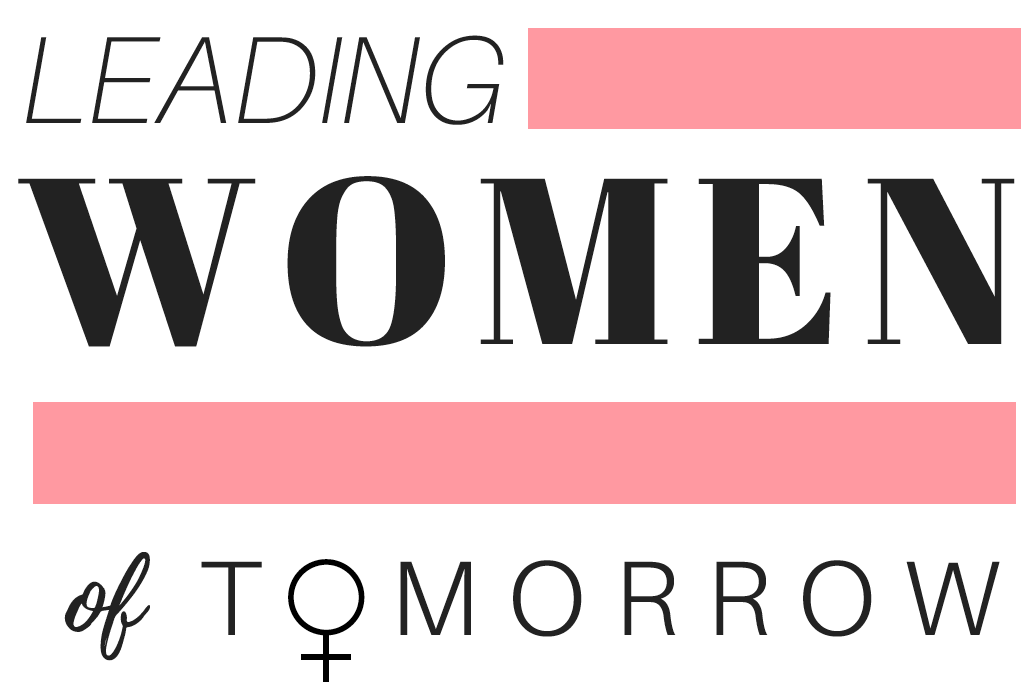Black Women's Activism For Voting Rights
“The fundamental power of democracy lies in the right to vote. If you protect that right, you create possibilities for everything else.”
Stacey Abrams
Vogue Magazine
In the past week, America has experienced a turmoil of emotions with a really close call for most of the presidential election. As of November 10th, Georgia is still on track towards the democratic party for the first time in 28 years. It is clear that the efforts and dedication put into increasing voter registration and voter outreach have been going strong from Black, Brown, and Indigenous activists and community leaders. Stacey Abrams is an American politician, a New York Times Bestselling Author, and a nonprofit CEO. Abrams was able to register 800,000 new voters for the 2020 election with the efforts of the Grassroots activists, the Allied organization, and volunteers all over Georgia.
Abrams and other Black women activists like Helen butler, Nse Ufot, Deborah Scott, and Tamieka Atkins, have fought against voter suppression and poor election management in Georgia to increase voter registration in ethnic regions of GA, especially within the Black community. Abrams began an organization called Fair Fight to combat systemic voter suppression and make sure the American voice is heard in the U.S. election system. Abrams came within 55,000 votes of the Georgian governor’s mansion in 2018, this loss motivated Abrams to address the systemic oppression of voters, especially those within BIPOC communities, and work to combat these injustices.
What is voter suppression in the United States?
I’m glad you asked! Voter suppression is an unfair strategy to heavily influence the outcome of an election by discouraging or preventing specific groups from voting. These suppressed groups are often BIPOC, voter suppression can look like extremely long lines and limited polling locations for hundreds of thousands of people, even in the middle of a pandemic. In 2013, the supreme court voted 5-4 to repeal section 5 of the voting rights act. That means that states can legally do whatever they want to keep people from voting. Since 2012, 214 voting stations have closed throughout Georgia, leading to longer lines and longer travel time. Many people leave before they can vote because of the long lines, in addition, states use voter intimidation, voter purges, and voter registration problems to disenfranchise the vote of hundreds of thousands of Americans. In 2018, when Stacey Abrams was running for Governor of Georgia, there were 53,000 voter registrations that were placed as pending for minor misspellings and absentee ballots were rejected because the signature didn’t match the one that the state had on file. Voter suppression is a combination of all these tactics and it is strategically impacting BIPOC regions the hardest.
In the end, Stacey Abrams and all the other organizers that helped create this change in Georgia towards the democratic side have done the necessary and difficult work to combat systemic malpractice with voter registration and ballot casting. While this was a monumental win for BIPOC voting justice in Georgia, it was only achieved through a collective fight against rigged systems. It’s important to acknowledge that the fight is not over against systemic oppression in the United States, the fight for Black and Indigenous liberation is still an everyday battle even under this new presidency. No marginalized community has been liberated, but now we can have a better chance of making real and lasting change.

